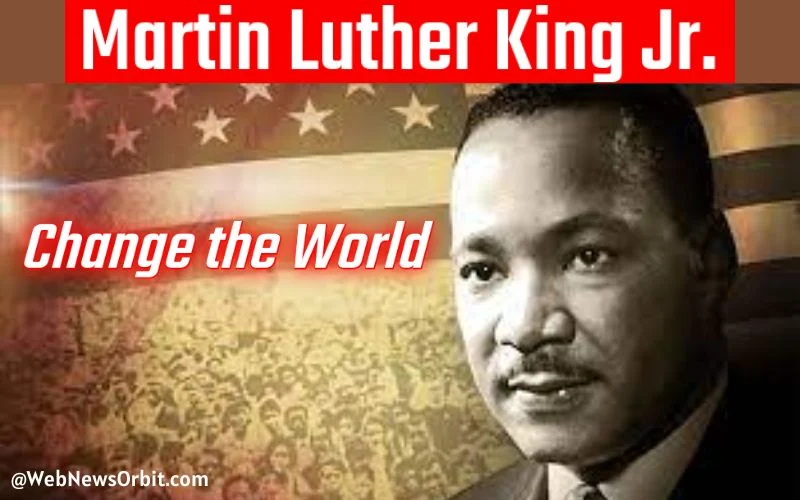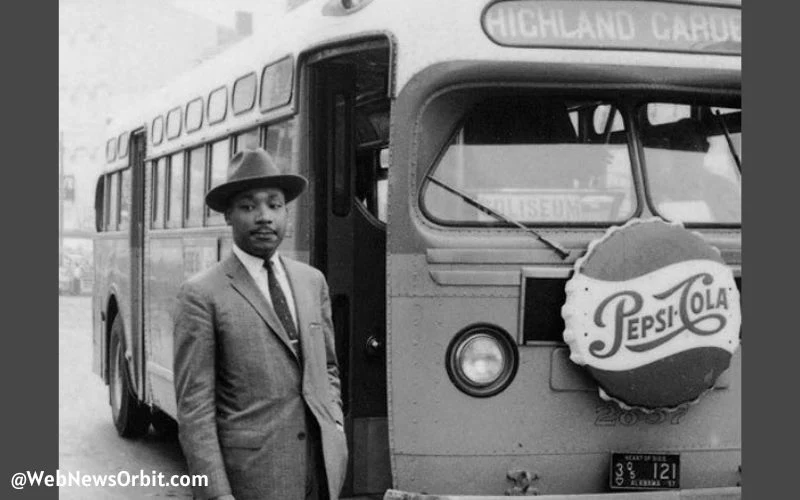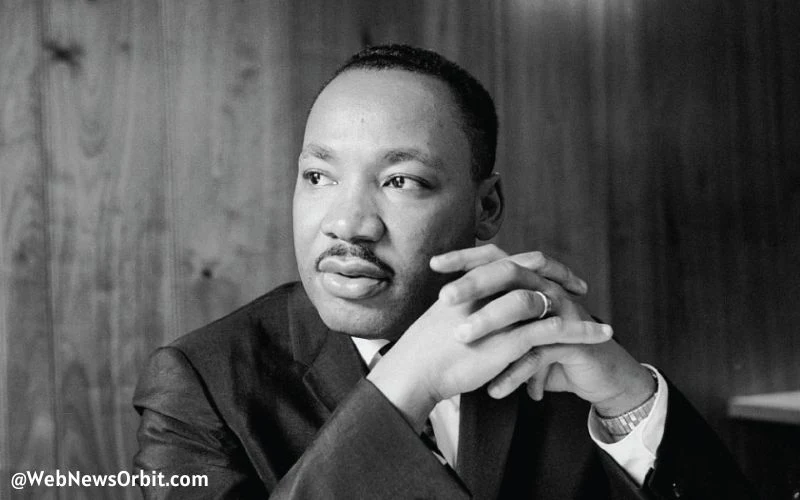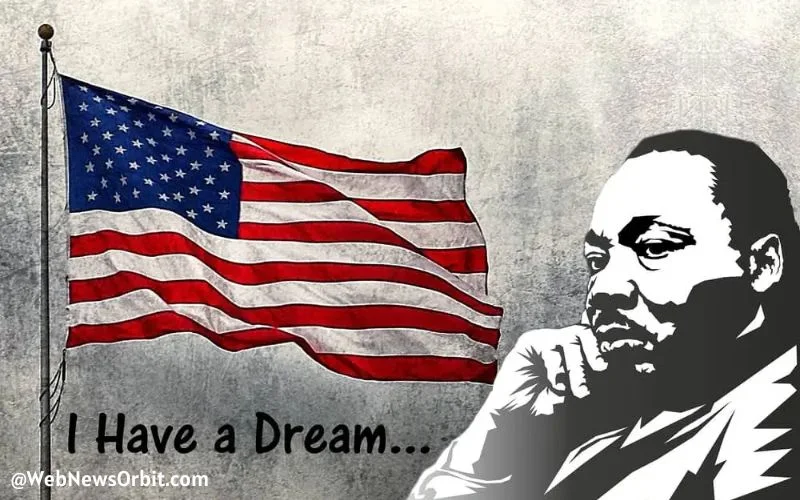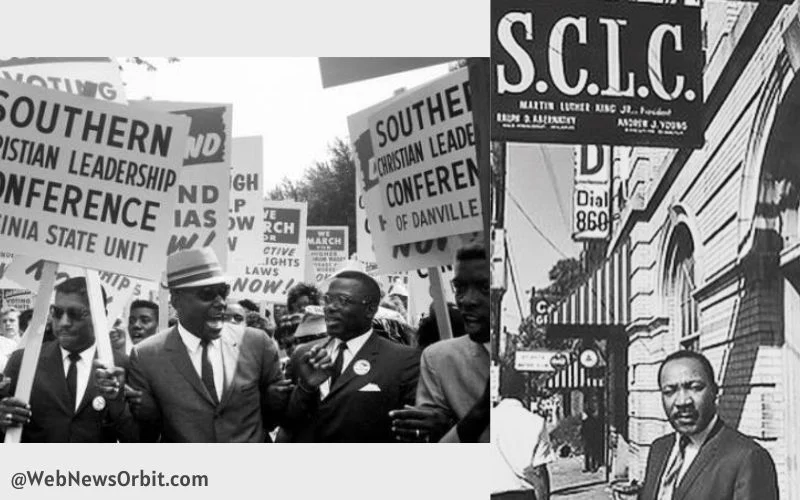Learn about the extraordinary contribution to the world of Martin Luther King Jr. and his transformational effect on society.
{getToc} $title={Table of Contents}
This extensive article examines the major milestones, values and the long-lasting Legacy of the Martin Luther King Jr. mission to make a difference in the world by civil rights advocacy and activism.
Introduction
Martin Luther King Jr. A renowned leader and activist for civil rights, led a revolutionary campaign that changed the historical course and challenged the norms of society.
In his unwavering devotion to equality, justice and non-violent protests, King ushered in revolutionary change that continues be felt in the present.
In this piece we explore the immense impact of the actions of Martin Luther King Jr. and explore how he changed the world with his unmatched direction and vision.
What Did Martin Luther King Do to Change the World?
Championed Civil Rights
Martin Luther King's main goal was to eliminate discrimination based on race and racial identity that was prevalent throughout his native United States during the mid-20th century.
King was a passionate advocate for equality of droits in the lives of African Americans, using nonviolent civil disobedience to protest against unjust laws and policies.
King's efforts resulted in the elimination of segregation from public spaces, and ultimately led to an inclusive and fair society.
Led the Montgomery Bus Boycott
It was 1955 when Rosa Parks' refusal to surrender her bus seat sparked the Montgomery Bus Boycott, a significant event of the civil rights struggle.
Martin Luther King Jr. emerged as the most charismatic activist of the boycott coordinating an entire year of protests that eventually led to an Supreme Court ruling declaring segregation on buses to be unconstitutional.
Delivered the Iconic "I Have a Dream" Speech
In the landmark March of Washington for Jobs and Freedom in 1963, King delivered his legendary "I Have a Dream" speech.
The passionate speech called for the end of racial discrimination and segregation, while imagining an era where people are judged on their character and not by the shade of their skin. The speech will remain a symbol of optimism and hope.
Fought for Voting Rights
King's unwavering devotion to justice was extended into voting rights. King led his supporters in the Selma to Montgomery marches in 1965, arguing equality in voting rights to African Americans.
This culminated in the Voting Rights Act in 1965, which eliminated obstacles to voting that discriminated against African Americans and empowering communities with a poorer background.
Promoted Nonviolent Resistance
A firm believer in the non-violent way of protesting, King sought his inspiration to Mahatma Gandhi's principles for peaceful protest.
King organized sit-ins and marches, and boycotts effectively bringing attention to the injustices of racism while retaining a dedication to nonviolence. The method gained international attention and support towards the Civil Rights Movement.
Elevated Awareness Through Civil Disobedience
King's deliberate use of civil disobedience had the goal of disrupting injustice and create the public's awareness.
By consciously challenging laws that discriminate, such as the Birmingham Campaign's battles with the police, King exposed the inhumanity of racial discrimination and forced the nation to tackle these problems.
Established the Southern Christian Leadership Conference (SCLC)
It was in 1957 that King founded the SCLC which was a non-profit organization devoted for advancing civil rights by non-violent means.
The SCLC played an important role in organizing protests and advocating for policy changes and in empowering African American communities to actively take part in the struggle for equality.
Laid the Groundwork for Fair Housing
King's dedication to combating the systemic racism that he faced extended to the issue of housing inequality.
King promoted fair housing practices, and also highlighted the challenges that African Americans in accessing quality housing.
King's efforts led to the adoption of the Fair Housing Act in 1968 that sought to fight discrimination in housing.
Inspired by Faith
King's Christian faith was the driving motivation behind his activism. King often relied on biblical principles to define the moral importance of racial equity and social justice.
His religiously-informed approach resonated strongly with those who supported him and further strengthened his civil rights movements.
Fostered International Solidarity
King's message of justice and equality transcended the boundaries of nationalism. King was vocal to end apartheid South Africa and offered solidarity to oppressed communities all over the globe.
King's global view of the world revealed that the interconnectedness between human rights battles and encouraged a unified determination to achieve justice.
FAQs (Frequently Asked Questions)
Q 1. Do you think Martin Luther King Jr. only focus on race issues?
A 1. Although racial equality was an important issue, King also fought for broader social justice issues like the issue of economic inequality as well as opposition towards his country's involvement in the Vietnam War.
Q 2. How did the activism of Martin Luther King Jr. affect the law?
A 2. King's activism played an crucial role in the passing of important civil rights legislation like The Civil Rights Act of 1964 and the Voting Rights Act of 1965.
Q 3. What role did peaceful protests have in King's strategy?
A 3. Protest that was peaceful was a key element of King's philosophy which allowed King to highlight injustice while retaining his moral standing.
Q 4. Was Martin Luther King's vision completely realized?
A 4. Despite the significant progress that is being made, the obstacles to equality in racial relations remain which highlights the continuing relevance the King's idea.
Q 5. What did Martin Luther King's legacy affect the future generations?
A 5. King's legacy continues to inspire leaders, activists and others around the world to stand up for equality and fairness.
Q 6. What were the obstacles King had to face during his time of activism?
A 6. King was confronted with violent, violent and opposition from those who wanted to keep the status the status quo of racial segregation as well as discrimination.
Conclusion
Martin Luther King's lasting impact across the entire world testimony to the strength of determined action and unwavering dedication to justice.
Through his bold actions and inspiring words King laid the groundwork for a more equal and open society.
His legacy is a constant reminder of how individuals motivated by values of unity, love, and equality, can bring about radical change on a worldwide scale.
If you want to stay updated like this always, then definitely Follow and Subscribe to Web News Orbit. If you want information on any topic then do not forget to write in the Comment.

